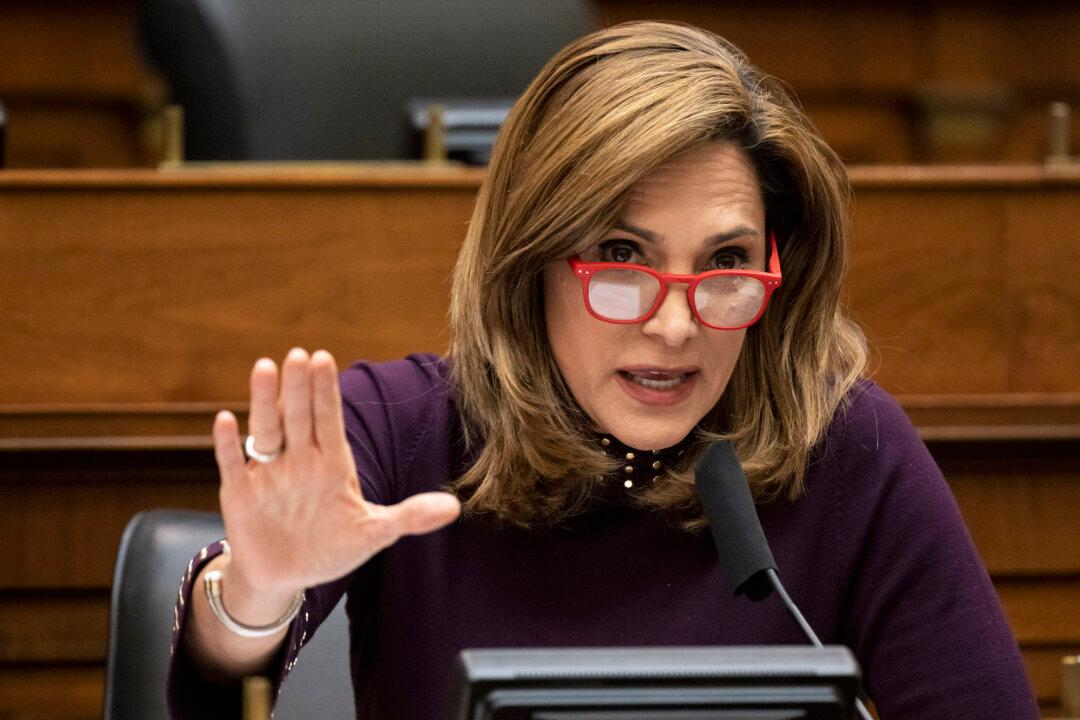More than 60 House Republicans have joined forces to support a legislative effort to promote teaching high schoolers about the danger of communism and why this ideology is contrary to what America stands for.
Introduced Thursday by Rep. María Elvira Salazar (R-Fla.), the Crucial Communism Teaching (CCT) Act (pdf) has a goal to ensure high school students in the United States “learn that communism has led to the deaths of over 100,000,000 victims worldwide; understand the dangers of communism and similar political ideologies; and understand that 1,500,000,000 people still suffer under communism.”





